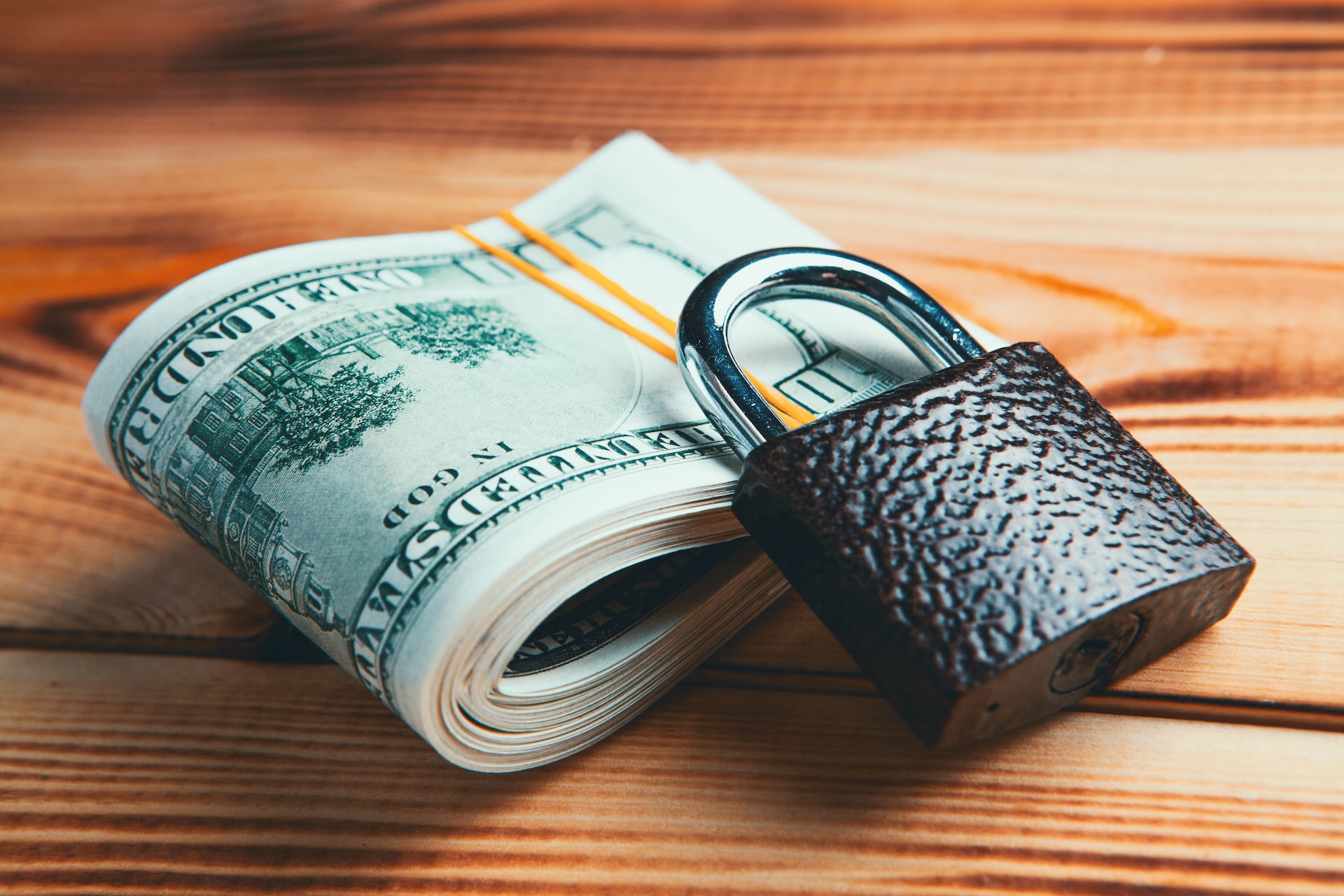by Vicky Monroe

My parents are finally coming to visit in two weeks. I haven’t seen them in person in almost four years, so I’m super excited to spend time with them. They’re staying for about four days at a timeshare an hour and a half away from us. They decided they didn’t want to stay with us because we have a dog, which could aggravate my mom’s asthma.
Even though we’ll be driving back and forth a lot while they’re visiting, we shouldn’t have to increase our gas budget. My partner drives a lot for work, so high mileage is already factored into our gas allowance. My parents are generously covering the cost of activities and meals, so this trip shouldn’t be hard on our wallet. And we’ll be able to stick to our no spend challenge.
No Spend Challenge for January
Before New Year’s, I saw lots of no buy content in my social media feed, which made me want to do a no spend month. We’ve decided to eliminate all miscellaneous spending and eating out in January. We’re also going to do a pantry challenge and try not to grocery shop at all this month.
We’ve been making our own bread at home and have shelf stable milk on hand, so we won’t have to make any bread or milk runs. Plus, we have plenty of frozen and canned veggies on hand to add some extra nutrition to our meals. All in all, we should save around $800 this month. We’re going to use this money to make an extra $800 principal payment on our mortgage (plus the $2,000 we usually contribute).
I’ve tried to do no spend months in the past with mixed results. I believe I failed because I didn’t calculate how much I could save at the beginning of the challenge, so I didn’t know what I was sacrificing for. Knowing that I could pay off an extra $800 of my mortgage this month definitely motivates me to buckle down and cut out any unnecessary spending.
Considering a Low Buy Year
We’re also considering doing a low buy for the rest of the year. Although we’ve gotten our miscellaneous spending down, I think it’s still too high at $400 per month. We don’t need multiple streaming services or impulse buys like video games and board games. We already have several dozen board games from our childhoods, so I think we’re set on entertainment!
A few years ago when we were saving for a house, we had a rule that we had to side hustle to come up with the money to pay for unnecessary purchases. This rule (which felt more like a game or challenge) helped us save more money and reduce the amount of clutter in our living space.
We both hate how much we have to clean and organize now to stay on top of our stuff. So I think our quality of life was actually better when we were forced to be more intentional about what we bought. We spent less time tidying up and more time enjoying life unburdened by clutter.
I think doing at least a couple of low buy months with guidelines to limit our spending could be beneficial. We want to make sure we’re fully utilizing and enjoying the things we have instead of constantly wanting “more, more, more.” We want to detox a bit from consumer culture and be more grateful for our blessings. I think a low buy could help us achieve this mindset shift.
Is anyone else considering doing a low or no buy year? Let me know in the comments!
Read More
Learning New Skills to Save Money
Vicky Monroe is a freelance personal finance and lifestyle writer. When she’s not busy writing about her favorite money saving hacks or tinkering with her budget spreadsheets, she likes to travel, garden, and cook healthy vegetarian meals.


